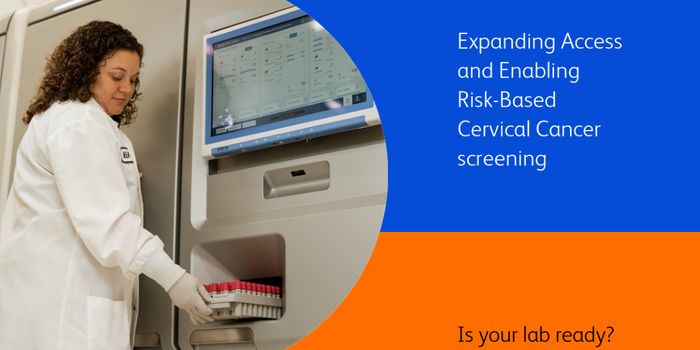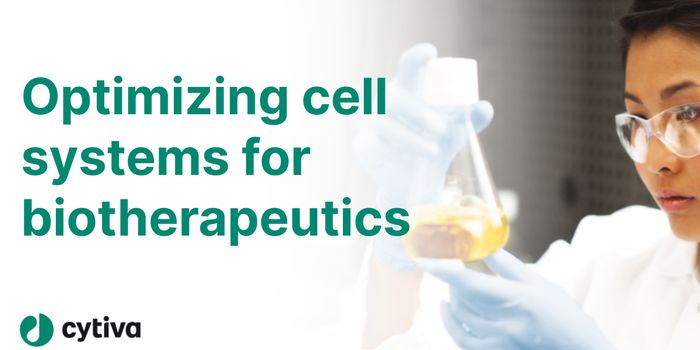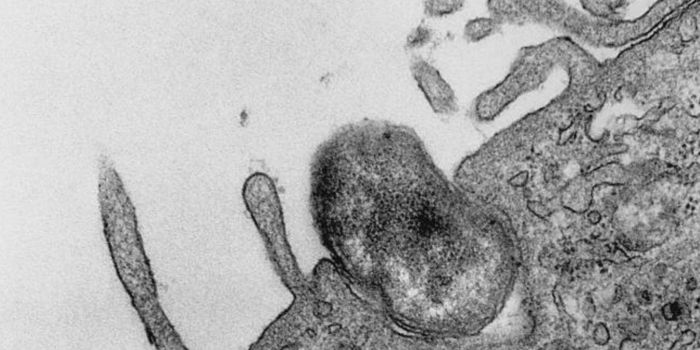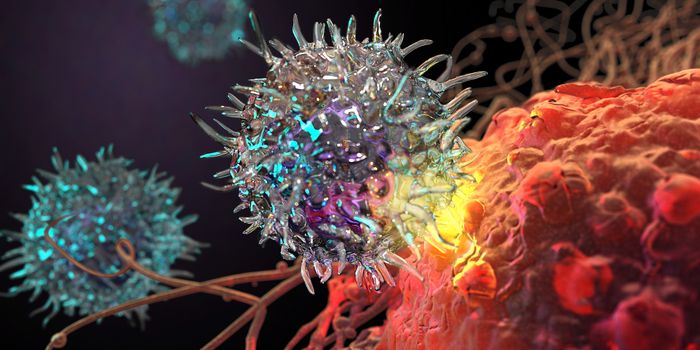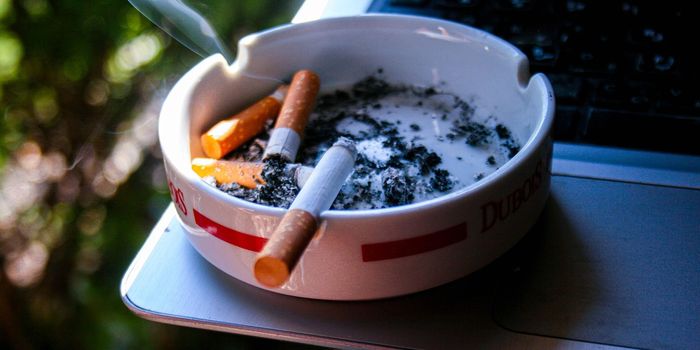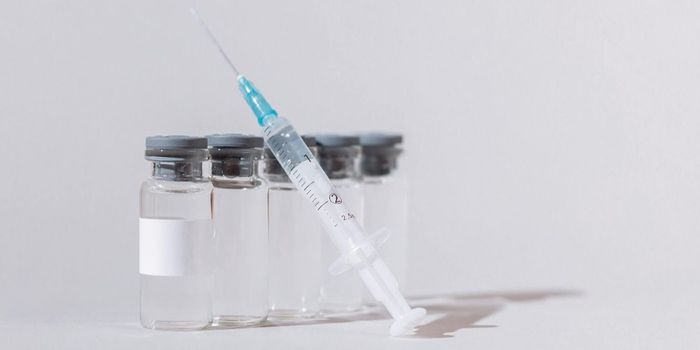Chemists Find Big Medicinal Potential in Avocado Seed Husks
Most everyone who consumes avocados have come to regard the center pit as a mere obstacle to the green and butter smooth flesh of the fruit. But the pit that we discard without a moment’s hesitation may be a potent source for medicinal chemicals, chemists report.
The tasty, creamy avocado delight we love in sushi, tacos, and salads is actually a member of the berry family. More interestingly, the name avocado derives from the Nahuatl Aztec word "ahuacatl," which translates to "testicles."
Fun facts aside, health gurus have touted the benefits of this fruit for years, citing its healthy fats and many good-for-you vitamins and nutrients. Indeed, avocados and avocado oils have been linked with lowering “bad” cholesterol along with reducing the risk for metabolic syndrome.
With so much potential health benefits in the avocado flesh, no one really thought to study the avocado pit. And when researchers did open this investigation, they found a treasure trove of chemicals in the seed husk.
“It could very well be that avocado seed husks, which most people consider as the waste of wastes, are actually the gem of gems because the medicinal compounds within them could eventually be used to treat cancer, heart disease and other conditions,” said Dr. Debasish Bandyopadhyay, who presented the work at the 254th National Meeting & Exposition of the American Chemical Society.
In studying purified powder extracted from the avocado seed husk, the team identified 116 compounds in the oil and 16 compounds in the wax component of the husk. Many of these compounds are unique only to the husk.
Of the over 130 different compounds, a few stood out for their potential in medicine. Docosanol, for example, has antiviral properties and is already used in treatments for cold sores. Another compound, lauric acid, has been shown to raise level of the “good” cholesterol. And heptacosane is one chemical with potential cancer-fighting potential that isn’t found in the usual flesh of the fruit.
Beyond the scope of medicine, the team also identified compounds from the waxy part of the husk that be applied to other industries. This includes butylated hydroxytoluene, an antioxidant that's used as a food preservative, and benzyl butyl phthalate, a component of plastics that improves the flexibility of the material.
“Our results also suggest that the seed husks are a potential source of chemicals used in plastics and other industrial products,” said Dr. Bandyopadhyay.
It’s important to note that avocado seed husks do not provide a big yield of chemicals. In the study, the researchers had to ground 300 dried husks to get 21 ounces of powder. And after further processing, the team only had 3 teaspoons of husk oil and about 1 teaspoon of husk wax to work with. But hopefully, with the 5 billion tons of avocados that are consumed worldwide every year, scientists will find enough husks to work with for their next investigations.
Additional source: MNT


